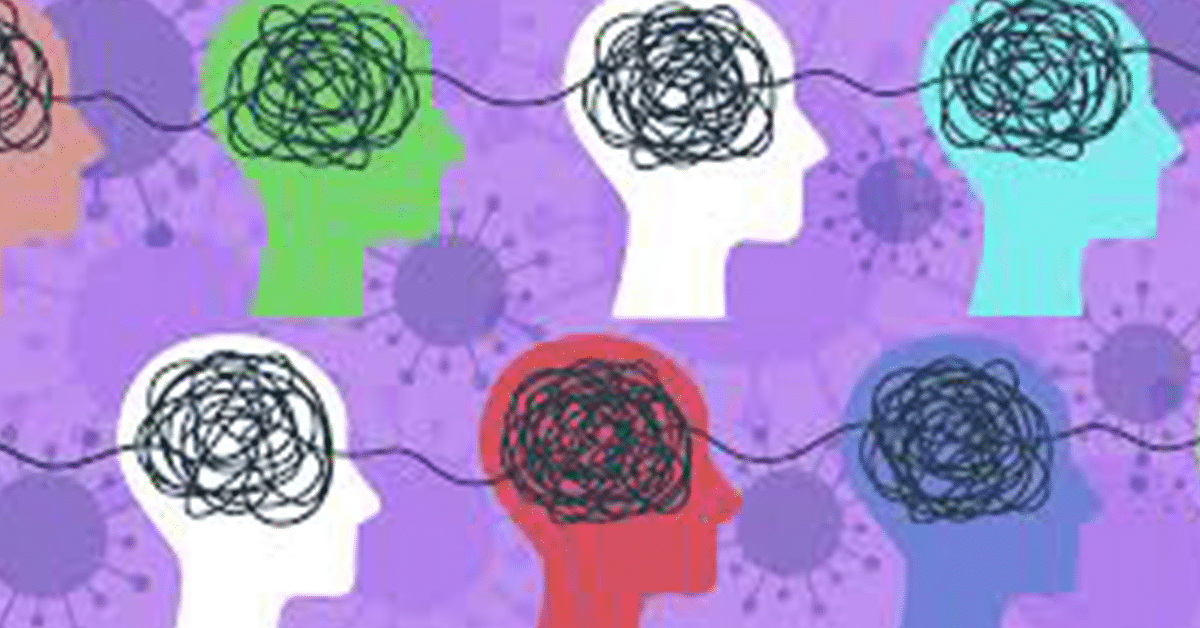The number of mental health apps has skyrocketed in recent years, to the combined tune of a $500 million market. Many therapists are now using these apps to supplement 1:1 sessions with clients. But with an estimated 20,000 mental health apps available, how do you know which ones are worth the time, effort, and in some cases, money?
The best mental health apps are evidence-based, often affiliated with an academic institution or other professional organization, easy-to-use, and equipped with HIPPA-compliant security features. Here we break down the pros and cons of some of the more trustworthy mental health apps.
Created by the UCLA Mindfulness Awareness Research Center (MARC), this app provides instant access to a library of mindfulness meditations that can be practiced anytime, anywhere. MARC also offers a weekly drop-in meditation session with alternating themes such as anxiety, gratitude, and compassion. Users can search for meditations by subject and bookmark sessions for future use.
Pros: Science-based, developed by researchers at UCLA, free to use
Cons: Content is limited and oriented toward those who are new to mindfulness
Based on evidence-based practices from CBT and positive psychology, MoodKit offers a variety of features for monitoring and improving mood. Created by psychology professor Drew Erhardt and Edrick Dorian, PsyD, MoodKit offers suggestions for mood-boosting activities, a thought checker for guided cognitive restructuring, a mood tracker, and a customizable journal. Clients can identify trends in their mood, export mood charts and notes to bring to sessions, and set reminders to integrate with their iOS calendars.
Pros: One-time fee of $4.99, over 200 CBT-based activities, customizable mood charts
Cons: Not available on Android, could be more visually engaging
Virtual Hope Box (VHB)
Developed by the U.S. Department of Veterans Affairs, VHB is one of the few empirically-tested smartphone apps designed to support people at risk of suicide. The rationale behind VHB is simple: people living with depression often struggle to recall the positive aspects of their lives. VHB users can customize the app with photos of friends and family, music, relaxation exercises, and inspirational quotes. The app also includes a “Distract Me” section of games and puzzles as well as a collection of “Coping Cards” and an activity planner.
Pros: Free, research-based and empirically-tested
Cons: Geared towards veterans, may not generalize to the non-veteran population
3 Good Things is a privacy-protected, online journal inspired by gratitude research. Developed in consultation with researchers at Duke University, 3 Good Things allows users the option of sharing their most uplifting moments within groups of family and friends, or in the publicly posted “positivity feed.” The app can also send reminders that encourage users to reflect on the good things in their lives.
Pros: Simple and quick to use, based on gratitude research
Cons: Content is limited and can get boring/repetitive over time
Reframe is a sobriety app that uses science-based strategies to help users cut back or abstain from alcohol. Developed by mental health and medical experts, Reframe combines an evidence-based alcohol reduction program with educational resources, an online toolkit, and a confidential community.
Pros: User-friendly, personalized, daily virtual meetings available
Cons: Only available on iOS, requires a paid subscription after the 7-day free trial, some features require additional payment in the form of “coins” earned in the app
Quenza is unique among mental health apps in that it combines practice management features for therapists with mental health tools for clients. Therapists can customize the app with their own branding and logo, as well as upload their own worksheets and activities. Quenza also has the capacity to record and store client progress notes, intake paperwork, and service contracts. There is an encrypted chat feature and Quenza is available in 16 languages.
Pros: Great customer support, customizable, regularly updated with more
content, offers a 30-day trial for $1
Cons: Pricey (subscriptions start at $49/month for clinicians), some users found it difficult to navigate
Conclusion
Of course, the above is nowhere near an exhaustive list, especially since new apps are being released every day. The American Psychological Association and the American Psychiatric Association review select mental health apps on their sites, but often the best way to assess an app is by downloading it yourself! Look for apps that are supported by relevant research, then try a few to see which best complements your clinical style.
Keep Reading
Want more? Here are some other blog posts you might be interested in.









